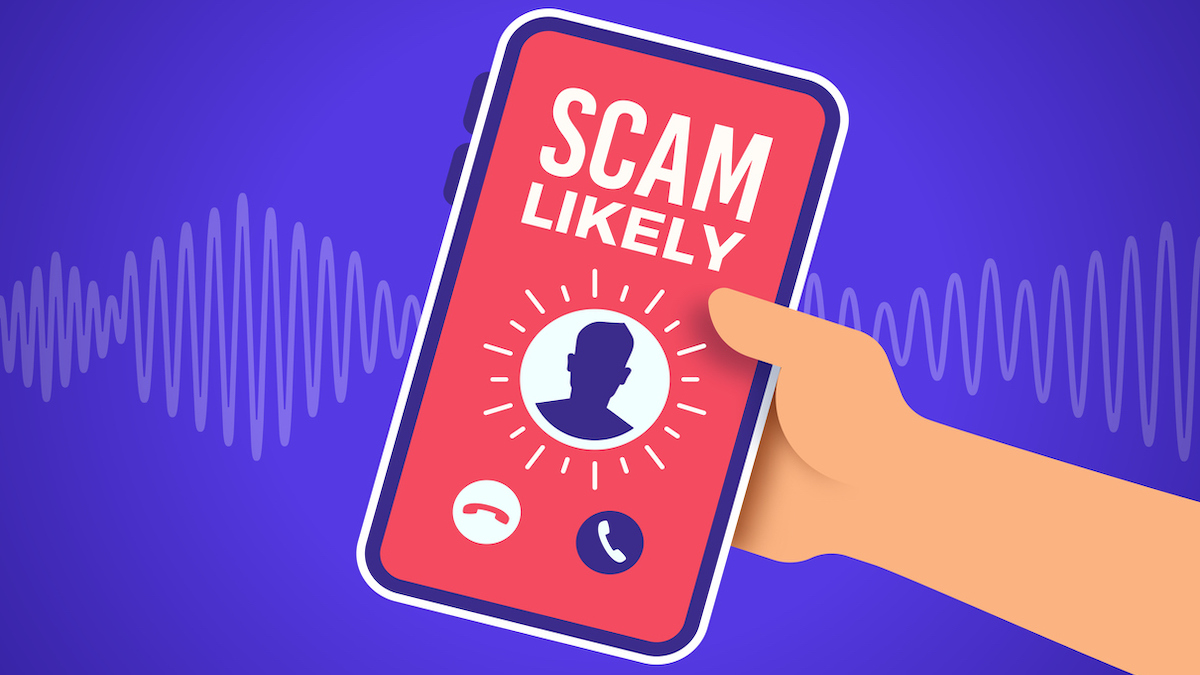Rachel Jones, CEO and founder of SnapDragon Monitoring, explains how businesses can keep clear of the fraudsters and fakes this Valentine’s Day
Valentine’s Day is fast approaching and people all across the world are already preparing for the most romantic date on the calendar.
This means launching Valentine’s Day merchandise, running promotions or hosting sales to coincide with one of the most anticipated holidays of the year. However, just as businesses and retailers are preparing for the big day, so too are the scammers and fraudsters who are looking to exploit the world’s biggest celebration of love.
While most people see Valentine’s Day as a time for celebration, fraudsters see it as a time of opportunity to launch scams. These scams range from targeting businesses by making counterfeit versions of their most successful products to tricking consumers into purchasing rip-off goods which they believe are authentic.
They can even involve tricking people into online romance scams, where they are duped into falling in love with a con artist who is really looking to extort money.
Whether you are a florist, chocolatier, or jewellery maker, and whether you are a physical or online retailer, you are a target for scammers. So never be fooled into thinking you are too small or unknown to get hit, because the chances are you have already made it onto a scammer’s watch list.
In fact, a recent study revealed that 23 percent of UK SMEs have already experienced a company selling poor-quality copies of their products, while 27 percent – more than one in four of all businesses surveyed – admitted that the future of their company has been put in jeopardy because of counterfeits.
So, what are the key things to look out for to ensure you or your business doesn’t get struck by a crooked Cupid this Valentine’s Day?
For businesses, the most common scam to be on guard for is counterfeiting. Fraudsters are out to make money and if they see you are selling a successful product, they will want a piece of the pie. This means they will often make fake versions of your products with the aim of tricking consumers into purchasing them. This can obviously have a detrimental impact on your sales as consumers bypass your products for the cheaper, counterfeit alternatives.
Scammers will rarely use quality materials to manufacturer counterfeit products. If the counterfeit products are low quality this could cause your organisation irreparable brand damage. Worse, fakers often add toxic chemicals into beauty, food and healthcare products. These can cause serious health issues and it would be your brand that would suffer the consequences, which could potentially include legal action.
Fraudsters will sometimes take things further by spoofing the domain of businesses, or setting up a new almost identical domain which is very difficult to identify as fake to the untrained eye: for instance, the web address of a business called “lovelythingsonline” might be changed to “lovelythingonline”. This often means that consumers unwittingly hand over their credit card information to fraudsters; and of course no “purchase” is ever received.
When it comes to protecting against fraudsters, businesses are advised to work with partners that can carry out monitoring to detect illegitimate versions of their website online, as well as fake versions of their products. Businesses must also communicate clearly with the customers on the sites that their products can be bought from and the channels they use for advertising.
If you find a site selling a rip-off of your product, contact them and ask for it to be taken down. Also warn customers about any fakes found and specify explicitly that they are not authentic or coming from your brand.
When it comes to individuals, there are a number of scams that will target them this Valentine’s Day. Fraudsters will try to trick them into purchasing goods which are counterfeit through online marketplaces. The best way to avoid these scams is to only purchase from a brand’s own site, or to purchase goods from reputable retailers. If a product’s price seems too good to be true, avoid it.
Scammers will also try to trick people into phony online romance scams, known as catfishing. These scams are rife today: Action Fraud reports a 40 percent increase in them since the pandemic began, and losses of over £70 million.
These fraudsters will target vulnerable people through dating or social media sites, pretending to be legitimate people who are looking for love while duping them into handing over money and other valuable items.
If you are targeted with an online lover who seems too good to be true, never send them any money because the chances are you are going to get hit by the arrow of a fraudster, rather than the arrow of Cupid.
When it comes to protecting against Valentines Day’s scams, knowledge of the techniques fraudsters use is the best defence. If businesses and consumers remain vigilant for these scams mentioned, they can keep one step ahead and protect themselves from heartless scammers this Valentine’s Day.
Rachel Jones is CEO and founder of SnapDragon Monitoring
Main image courtesy of iStockPhoto.com




